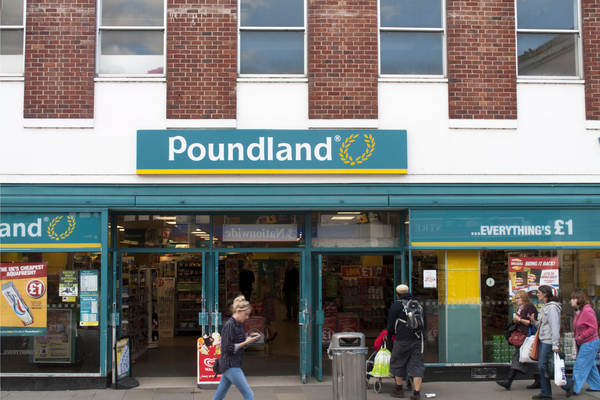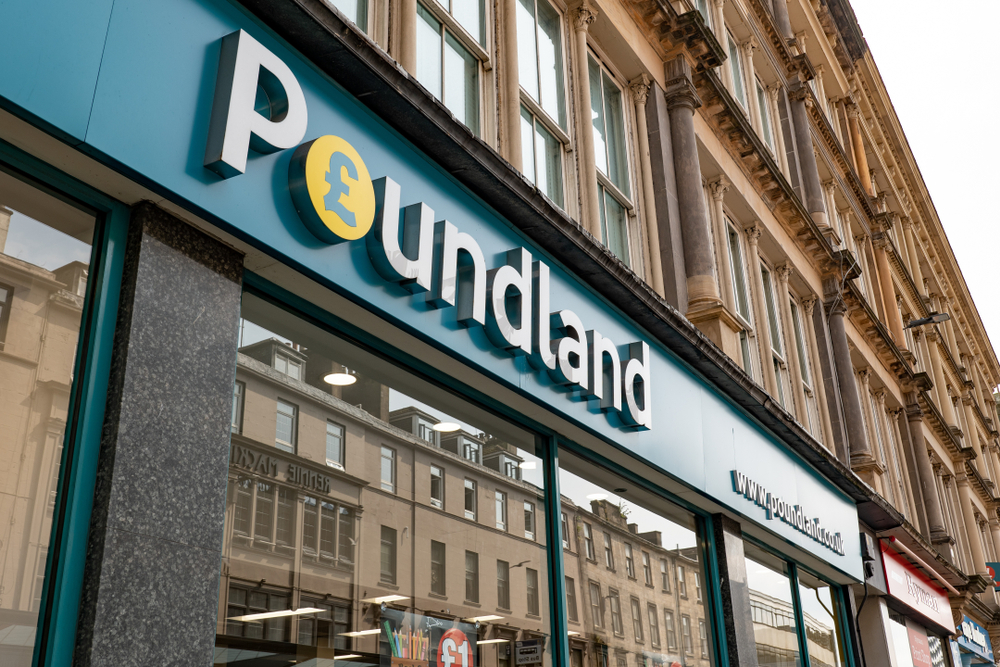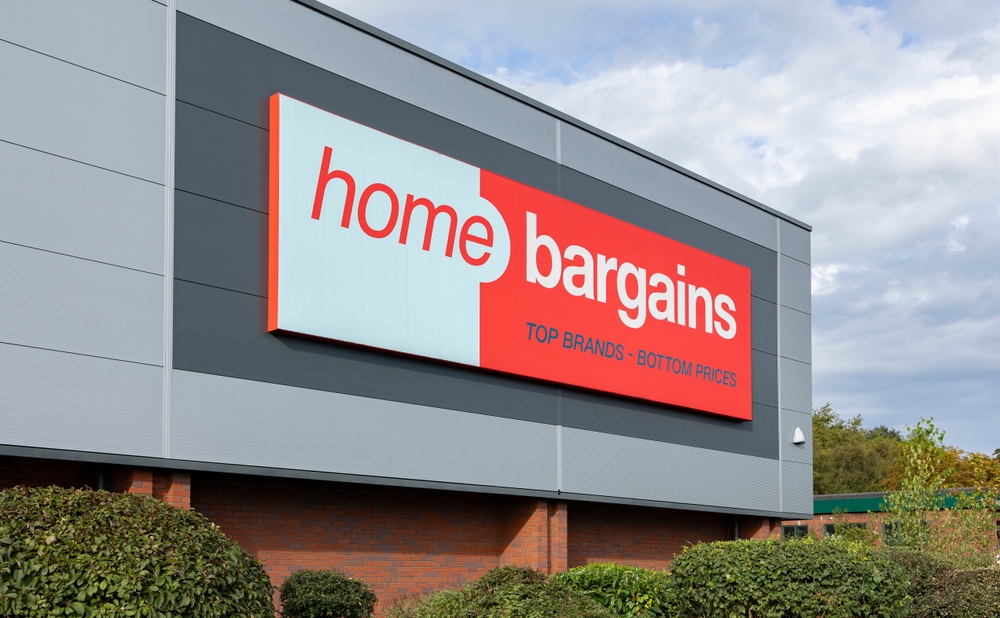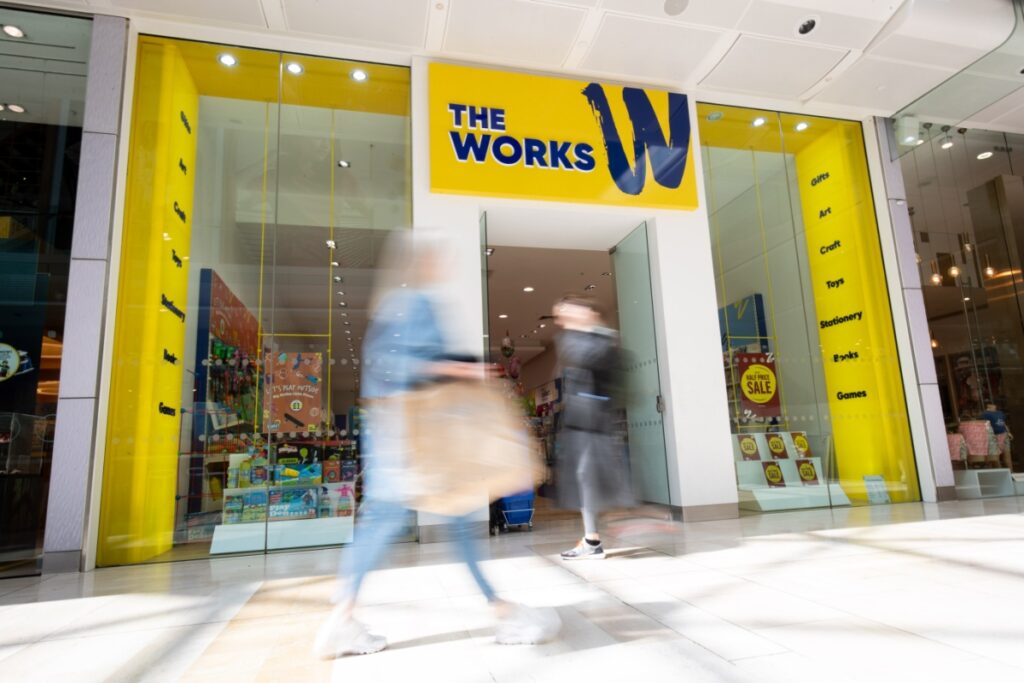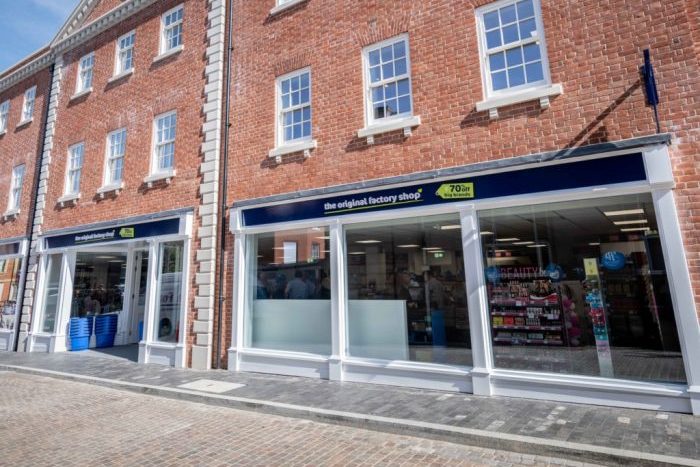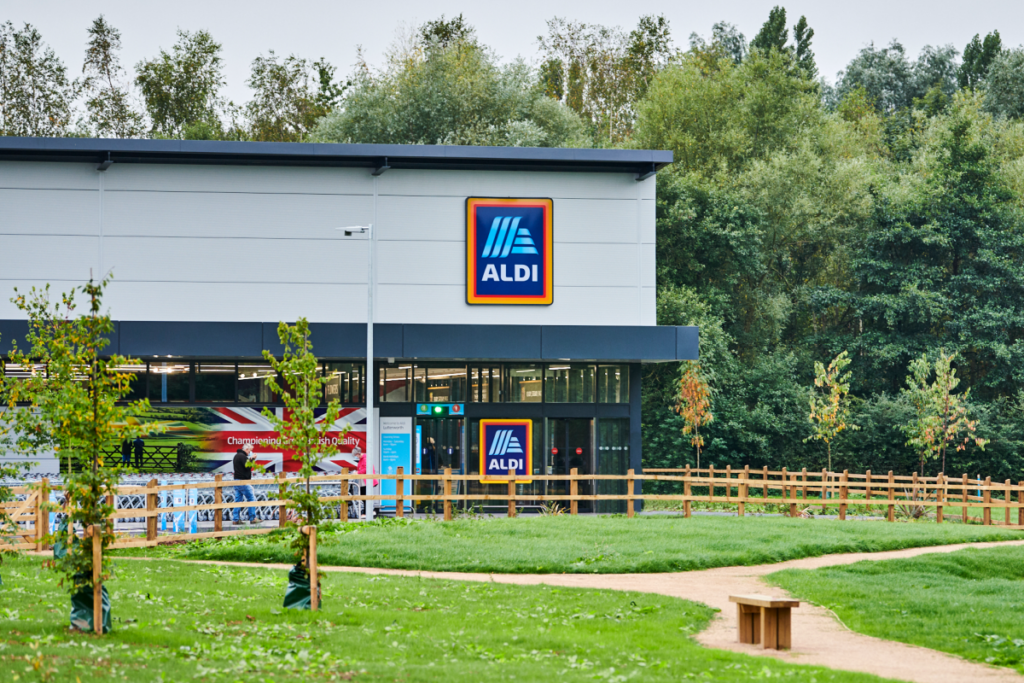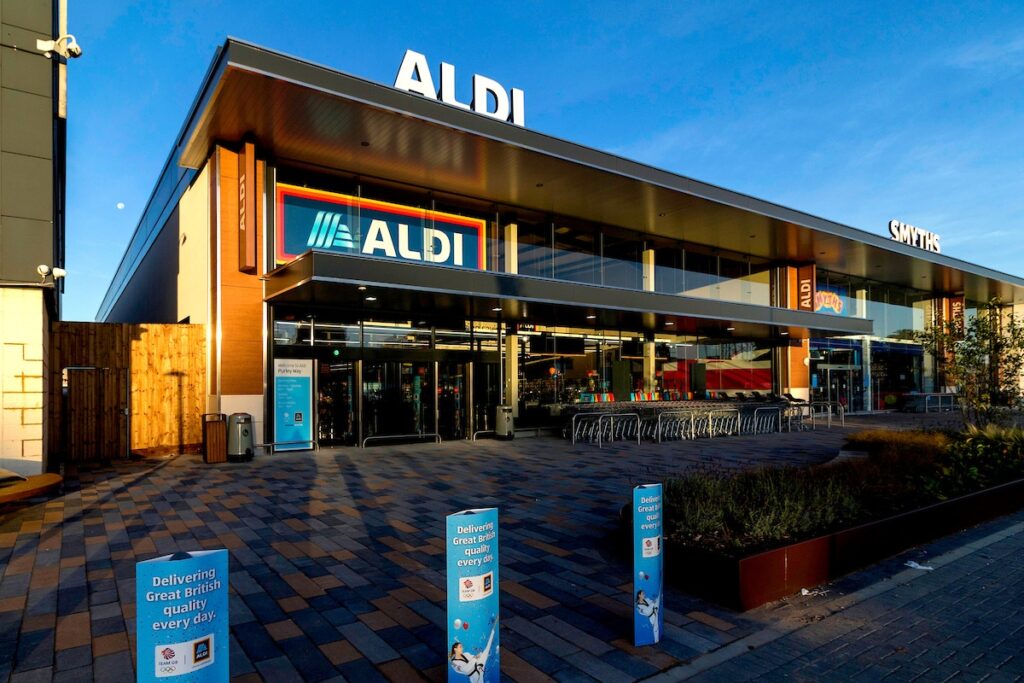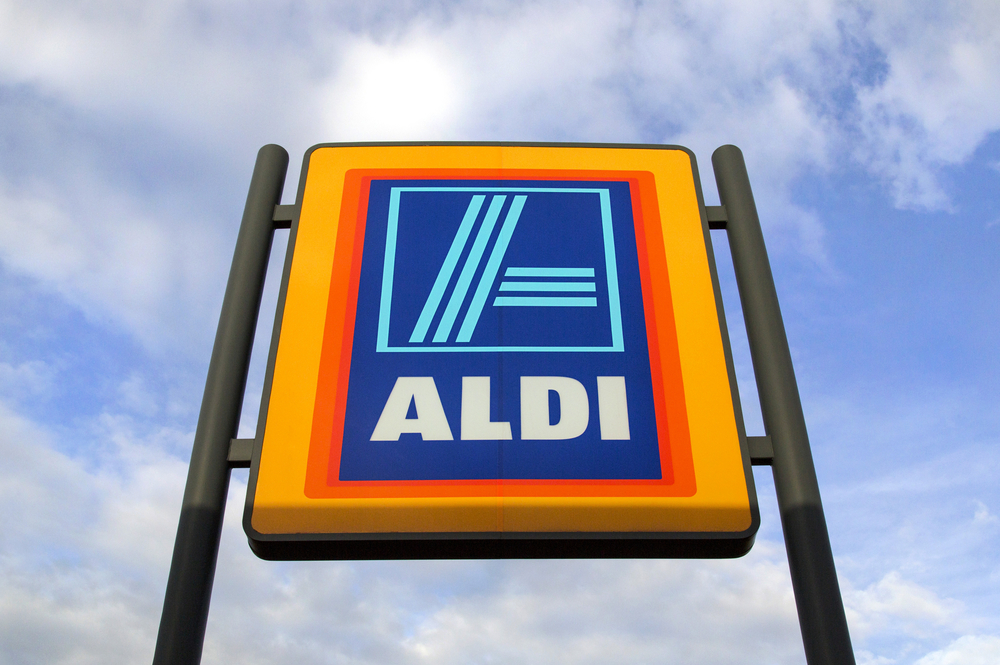// Pepco says group revenue rose almost 10% for first half, despite impact of coronavirus
// CEO says Poundland is “extremely well placed” to take advantage of expected rise in demand for discount products
Poundland parent company Pepco Group has posted a 16.3 per cent fall in profit for the first half of its financial year, due to the impact of coronavirus.
The retail group said total revenue rose 9.7 per cent in the six months to the end of March 2020, slowing from a 14.4 per cent rise in the five months to February 2020.
READ MORE: Poundland reveals list of further 26 stores to reopen this week
Splitting off its results to highlight a financial picture before the impact of Covid-19, Pepco said its group-wide performance had “remained strong” in the five months up to the end of February.
In that time group revenue rose 14.4 per cent, with positive like-for-like revenue across all brands, including a 2.2 per cent cumulative gain for Poundland and Dealz.
Profit before tax came in at €116 million (£105 million), representing a 21.8 per cent increase year-on-year, attributed to continued cost leverage.
However, in the six months to March Pepco’s growth slowed, with profit before tax of €89 million (£80 million) representing “significantly reduced store trading footprint and footfall”.
With 99 per cent of Pepco’s stores back trading, the group said revenue is now returning to pre-Covid levels, although like-for-likes remain negative.
Poundland operates 830 stores in the UK, and was designated an “essentials” retailer by the government during lockdown.
Pepco said Poundland had “experienced an initial benefit from customer stockpiling of cleaning, healthcare and food products”.
“However, the Covid lockdown led to the temporary closure of 130 stores and the remaining 700 stores traded through significantly reduced visitor numbers at 60 per cent of expected sales levels for a period of four weeks,” it added.
Pepco said it had taken immediate action to reduce its inventory commitments, cancelling and deferring forward inventory commitments worth €300 million (£271 million).
The group also managed to reduce its monthly operating costs by 40 per cent through “appropriate reductions in discretionary expenditure and access to available government support including business rates in the UK and the Job Retention Scheme”.
Pepco added that its group balance sheet remains strong, with net debt of €478 million (£432 million), representing 1.5 times the last twelve months of EBITDA.
“It is pleasing to report continued strong operational, strategic and financial progress made by all parts of the Pepco Group before the impact of Covid,” Pepco Group chief executive Andy Bond said.
“The consumer outlook remains uncertain and our plans reflect our expectation of a ‘new normal’ trading environment once we all emerge from the Covid virus.
“However, it is likely that consumer demand for discount retailing will increase in a period of prolonged economic uncertainty and we are extremely well placed to take advantage of this trend.
“We remain confident that we have the vision, the strategy and the business model to continue to deliver attractive long-term sales and profit growth.”
Click here to sign up to Retail Gazette’s free daily email newsletter

